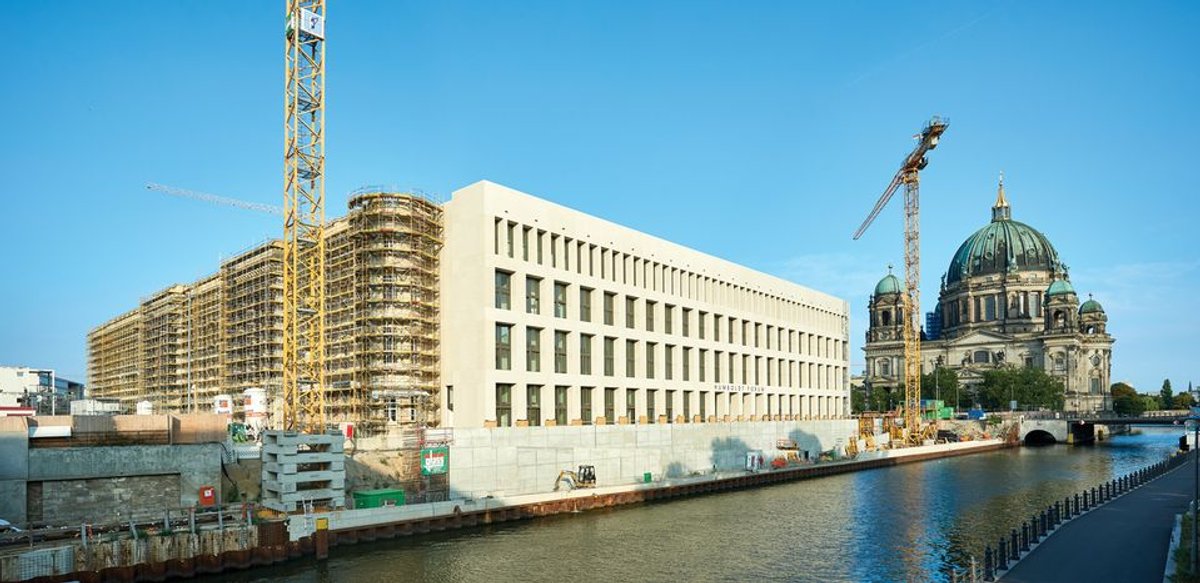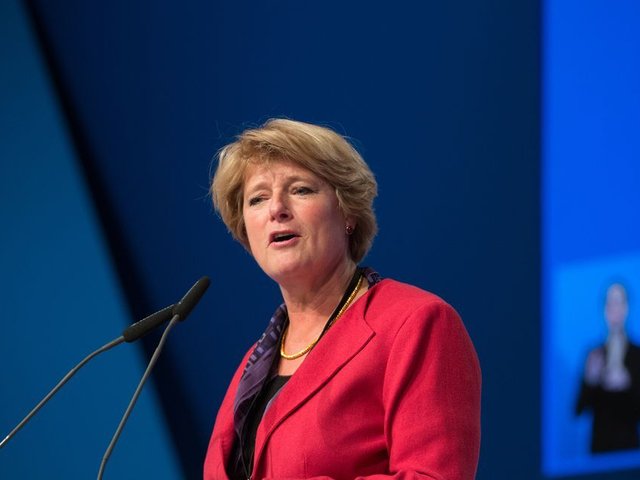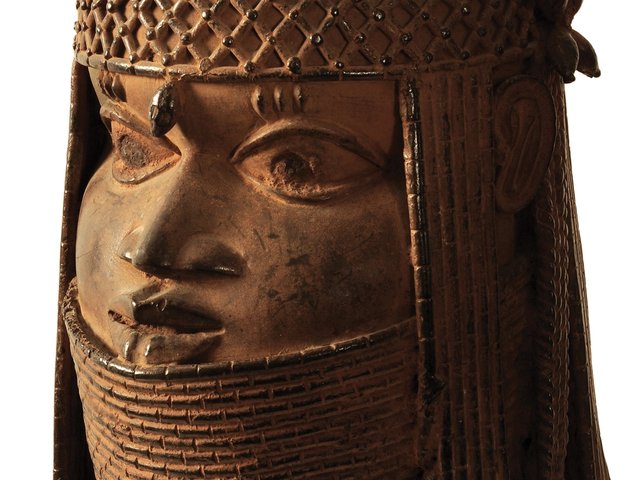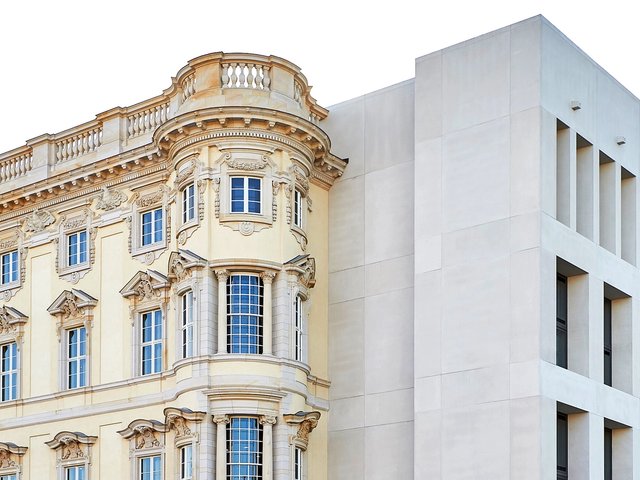The culture ministers of Germany’s 16 states agreed to create conditions for the repatriation of artefacts in public collections that were taken “in ways that are legally or morally unjustifiable today” from former colonies, describing their return as “an ethical and moral duty.”
At a meeting yesterday, the ministers agreed to work with museums and institutions to develop repatriation procedures with “the necessary urgency and sensitivity,” and promised a dialogue with representatives from source countries. They agreed on the need to inventarise and publish details of items in ethnological collections and to prioritise the return of human remains. They also proposed establishing a central help desk to provide information on colonial-era heritage and called on all institutions in possession of such items to conduct provenance research.
“Germany has missed the chance to make a big political gesture like France, but this document shows it is taking the subject very seriously,” says Jürgen Zimmerer, a professor of African history at Hamburg University.
French President Emmanuel Macron promised in 2017, in a speech in Burkina Faso, to return African artefacts in French museums. He ignited a debate across Europe, fuelled in Germany by the imminent opening of the Humboldt Forum in the reconstructed royal palace in the centre of Berlin. Scheduled to open later this year, the Humboldt Forum is to house Berlin’s ethnological collections – including, according to Zimmerer, at least 50,000 artefacts removed from Africa during the colonial era.
Museums in Germany not only acquired items expropriated from the German colonies in Africa, but also—via purchases and gifts—artefacts looted from territories under the rule of other European nations. Berlin’s Ethnological Museum, for instance, has the second-biggest collection of bronzes looted from Benin by British troops after the British Museum.
The German government this year allocated €1.9m to provenance research for artefacts that entered museum collections during the colonial era, with the funds to be administered by the Magdeburg-based German Lost Art Foundation. It appointed an eight-member committee including Bénédicte Savoy, the co-writer of a report urging French museums to repatriate works taken without consent from African countries, to select grant recipients on the basis of applications from German museums.
Culture Minister Monika Grütters has said that colonial history has for many decades been a “blind spot” in Germany. She described yesterday’s accord as a “statement of historical responsibility.” Berlin Culture Senator Klaus Lederer called for “decisive next steps and a continuing, results-oriented discussion.”





